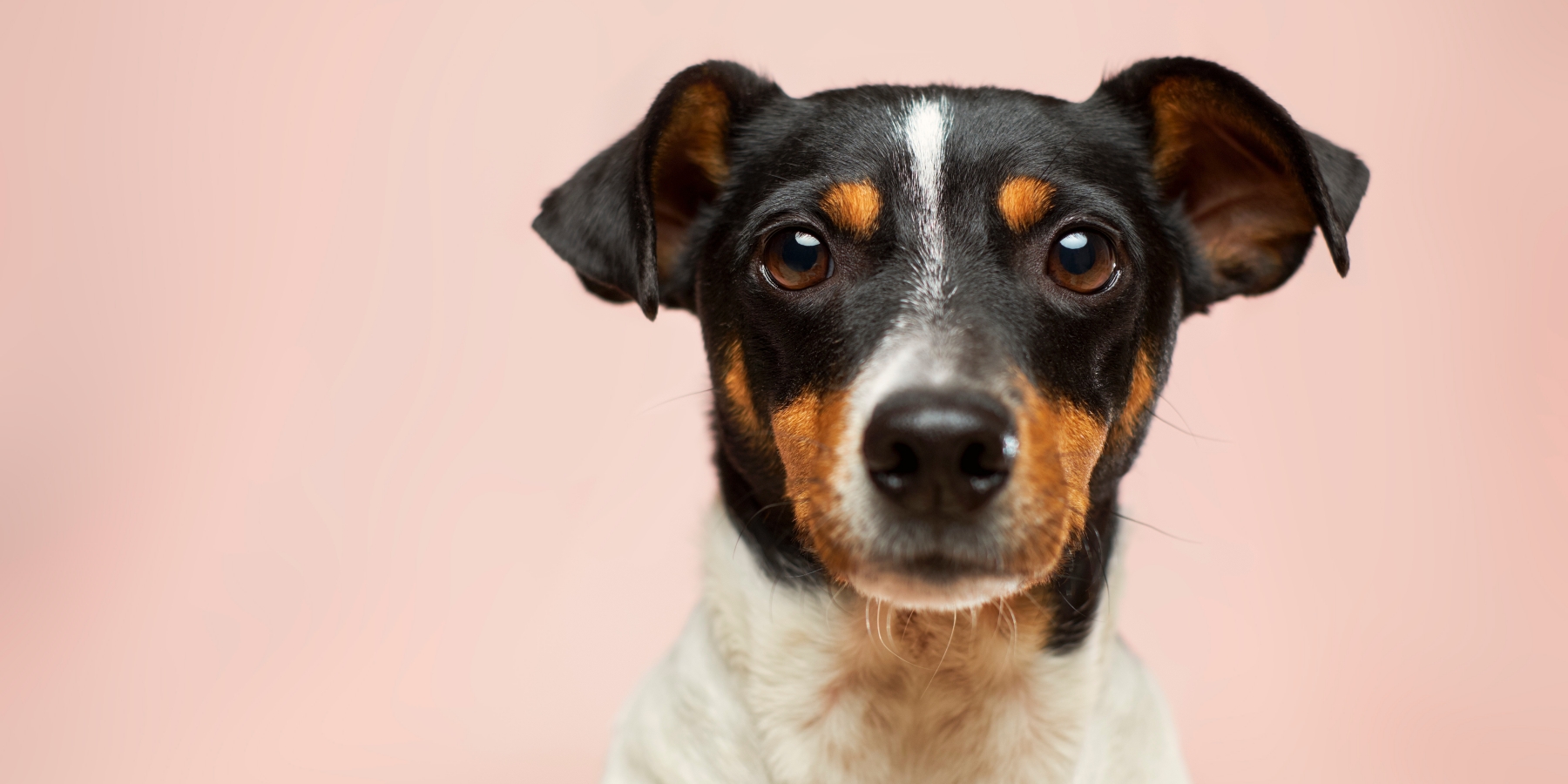Dogs have a unique way of perceiving the world around them, and this includes their response to various sounds. While some sounds may go unnoticed, others can trigger excitement and enthusiasm in our canine companions. In this article, we will explore the reasons behind why certain sounds can make dogs extremely excited.
Association with Positive Experiences
One of the primary reasons some sounds excite dogs is the association with positive experiences. For instance, the sound of a treat bag rustling or the jingle of their leash often precedes enjoyable activities like treats, walks, or playtime. Over time, dogs learn to connect these sounds with pleasurable moments, leading to excitement when they hear them.
Anticipation of Playtime
Dogs are naturally playful animals, and they can quickly pick up on cues that suggest playtime is approaching. Sounds like the squeak of a toy or the rattle of a leash can signal to them that it's time for fun and games, triggering excitement and enthusiasm.
Social Interaction
Dogs are social creatures, and they thrive on human interaction. Sounds associated with social engagement, such as the cheerful tone of voice used when calling their name or the sound of a doorbell signaling the arrival of guests, can elicit excitement as dogs anticipate interaction and attention.
Prey Drive
Some dogs have a strong prey drive, which is the instinct to chase and catch small animals or objects. Sounds like the rustling of leaves, the scurrying of small animals, or the fluttering of birds can trigger their prey drive, leading to excitement and a desire to investigate the source of the sound.
High-Pitched Noises
High-pitched sounds, such as the ringing of a doorbell or the playful squeal of a child, can capture a dog's attention due to their similarity to the sounds of other dogs during play. These sounds can excite dogs and prompt them to engage in playful behavior.
Pavlovian Conditioning
Dogs can undergo Pavlovian conditioning, a process where they associate a neutral stimulus with a significant event. For example, if a dog learns that the sound of a car engine starting precedes a car ride to the park, they may become excited at the mere sound of the engine starting, as it predicts an enjoyable outing.
Sound Sensitivity and Breed Traits
Certain dog breeds are more sound-sensitive than others. Breeds with heightened hearing capabilities, such as Border Collies or German Shepherds, may be more responsive to sounds in their environment. Additionally, breed traits can play a role; for example, hounds are known for their keen sense of smell and sound, making them more excitable when they catch scent or hear noises associated with tracking.
Conclusion
In conclusion, dogs' excitement in response to specific sounds can often be attributed to their associations with positive experiences, anticipation of playtime, social interaction, prey drive, high-pitched noises, Pavlovian conditioning, sound sensitivity, and breed traits. Understanding these triggers can help dog owners better communicate and bond with their furry friends.
So, the next time you witness your dog's enthusiasm in response to certain sounds, remember that it's a testament to their unique way of perceiving and interacting with the world—a world where some sounds that make dogs go crazy are simply part of the joy of being a dog.


